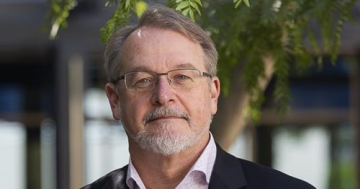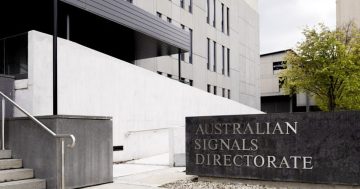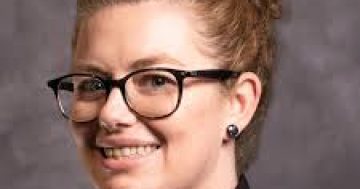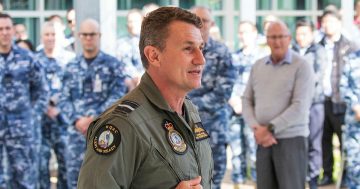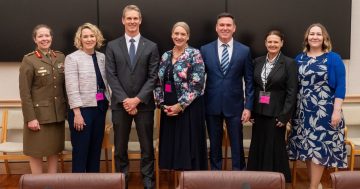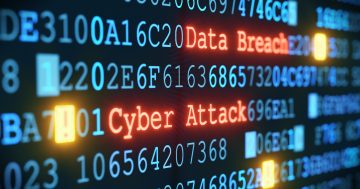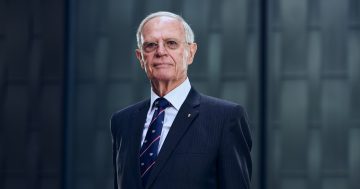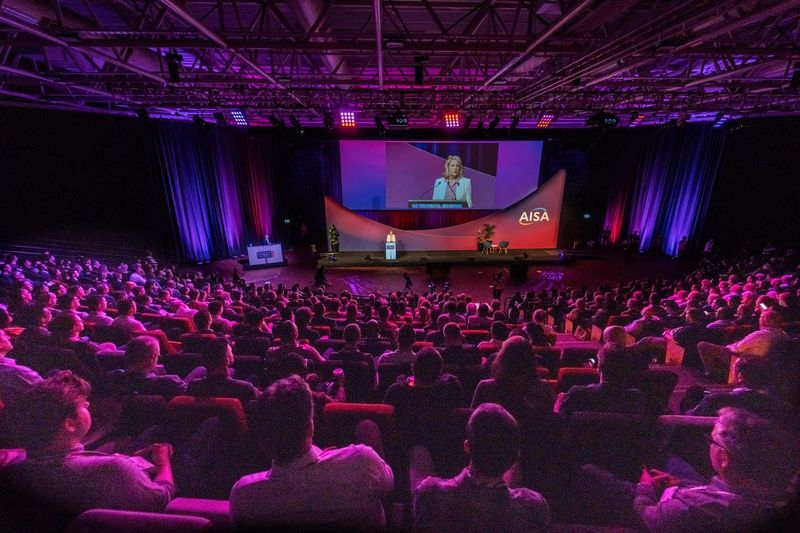
The Australian Information Security Association (AISA) will launch the three-day Australian Cyber Conference 2024 in late March. Photo: AISA/Magnetic Shots.
The fall of the Space Shuttle Challenger is a disaster the world remembers clearly almost 40 years on, with good reason. During its 1986 launch, the Challenger was torn apart and its entire crew killed on live television.
NASA quickly came under fire when it came to light engineers warned against launching in temperatures cold enough to stiffen rocket booster seals. But they were ignored. The seals were indeed compromised, a failure that in the end caused the deaths of seven people.
Former NASA chief knowledge officer Dr Ed Hoffman was front and centre following the crisis, and helped pave the long road to recovery.
He believes lack of respect for knowledge and focus on fast, rather than disciplined, growth is dangerous. He says organisations must invest more in people who have the skill and knowledge to defend against disaster.
After spending more than three decades at NASA, Dr Hoffman has a thing or two to say about keeping the right people at the helm when it comes to safety.
“We live in a technological age that I believe requires three essential skills to operate in safely: technical knowledge, strategy and the human element,” he says.
“The human element is absolutely crucial to understanding and adapting to threat and change.
“Trade-offs will always happen. The key is having the right people in the room when the decision is made. The problem is, smart people often say things we don’t want to hear.”
Dr Hoffman stresses how important it is to respect and include the human element in cyber, keep up with rigorous learning and maintain a balance between moving quickly and moving carefully.
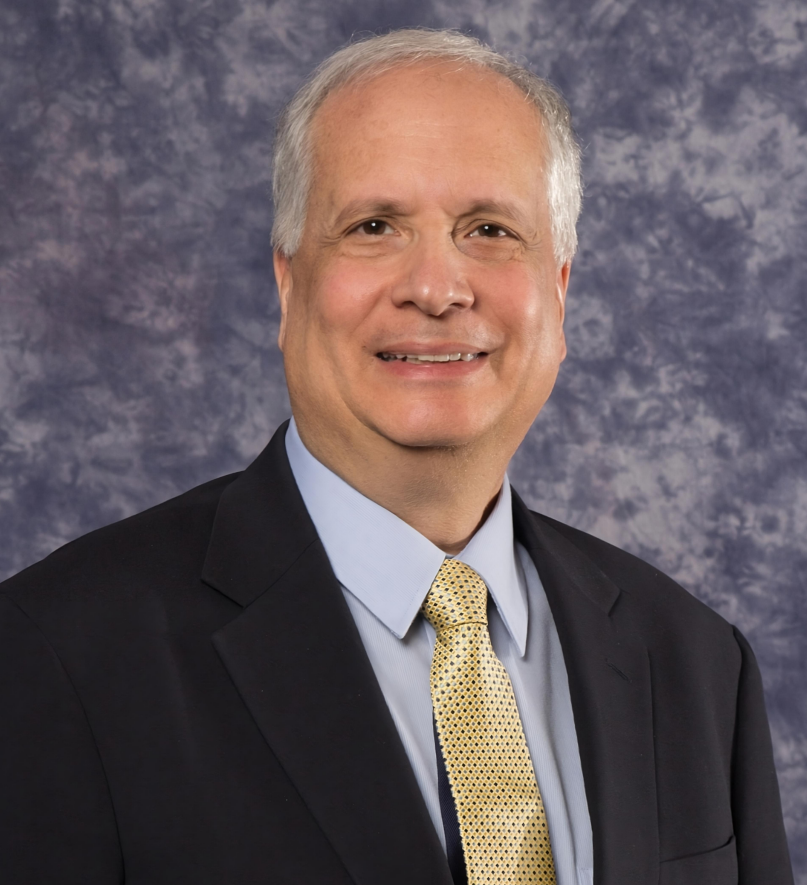
Dr Ed Hoffman has seen ‘too many’ situations where safety and security become afterthought, and says it almost always ends in regret. Photo: Dr Ed Hoffman.
The three-day national Australian Cyber Conference in March, organised by the Australian Information Security Association (AISA), is set to feature some of the “greatest minds in cyber” from across the globe.
Dr Hoffman is one such speaker, and plans to urge Australian decision makers to do better when it comes to cyber security.
“This conference’s theme ‘the future is now’ is quite literal,” Dr Hoffman says.
“Acceleration is the highest it’s ever been. We no longer have time on our side, but the world’s most dangerous scenarios and the roles that manage them, whether they be in defence, mining, aviation, agriculture or similar, have most of their resources dedicated to money-making components.
“Security disasters can and do happen.”
It’s certainly a hot topic. Especially with incidents such as the 2022 Optus and Medibank data breaches, which led to tens of millions of Australians having their private information stolen and held for ransom, still front of mind.
Business owners, government representatives and cyber end users are all welcome and encouraged to attend the AISA conference.
“What we do today is going to shape the nation, not in 10 or 20 years but right now, today,” Dr Hoffman says.
“We are responsible for bringing together the whole cyber community to not only increase awareness of challenges in cyber safety on a national and international level, but to collaborate and work towards lasting solutions. The more diversity we have in the room, the better.”
AISA’s Australian Cyber Conference will be held at the National Convention Centre, 31 Constitution Avenue, Canberra City, from 25 to 27 March.












